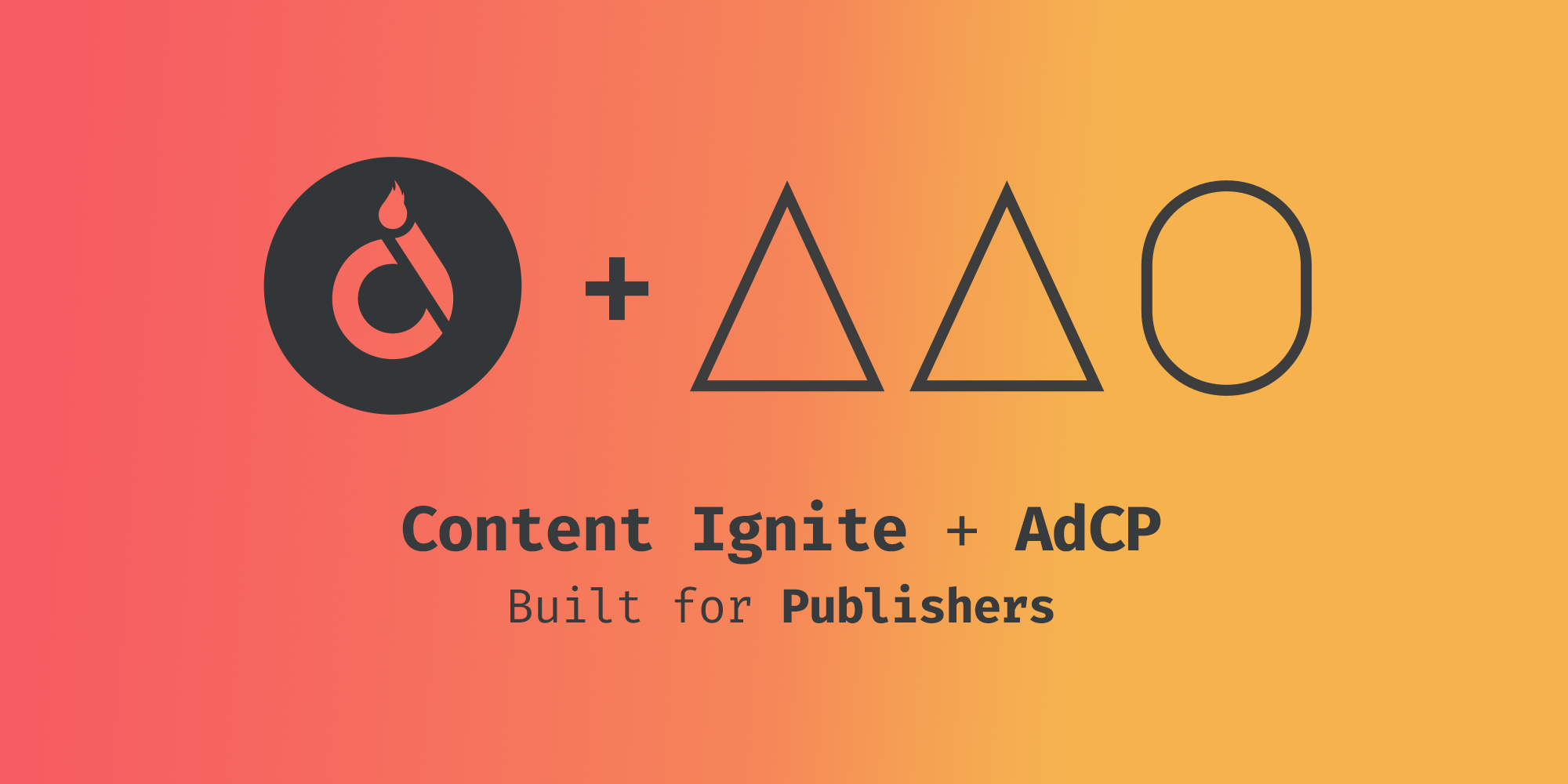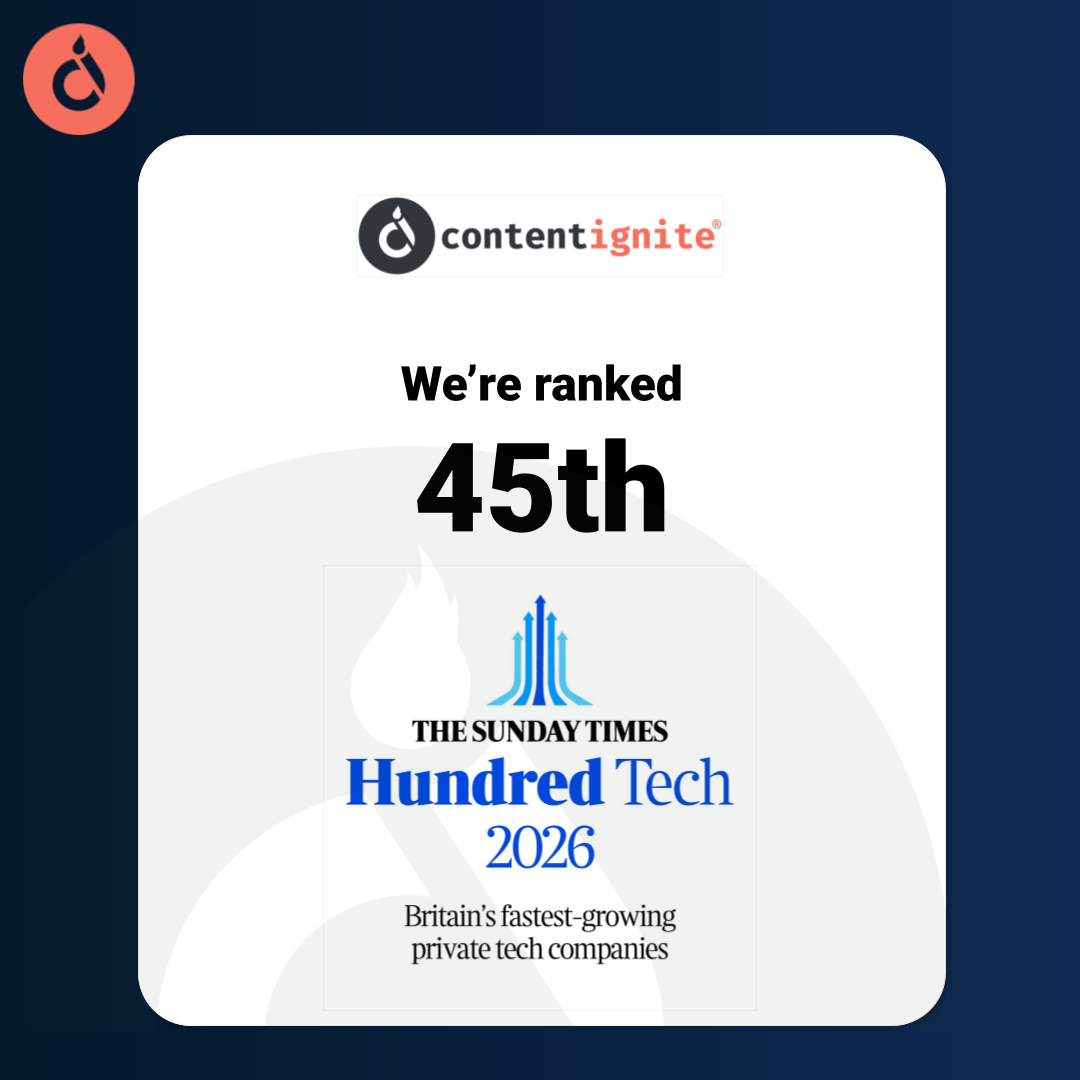The Importance of Checking your Cookies

Summary
- Regulation of cookies & online trackers is becoming more complex.
- European regulators are increasingly vigilant and active in ensuring that publishers are abiding by the regulations of ePrivacy and GDPR to gain the correct user consent.
- An estimated 98% of publishers could not be meeting the necessary level of compliance. Trackers are being deployed before user consent, or after a user has rejected them or the trackers are not being undisclosed at all.
- Publishers will need to deal with increased complexity. Third Party cookie depreciation means publishers will implement new ID & data solutions to ensure revenues and brand visibility are maintained.
- It is essential, both commercially and legally, that publishers undertake an audit to understand how data is being gathered across their sites, how it is being shared and to gain control of their most valuable asset.
- A simple lightweight audit can give publishers an understanding about where they are compromised, and build the necessary internal measures, to ensure that the business can operate to an optimum level.
The Party is Over - Greater Complexity & Greater Enforcement
Across Europe, and increasingly across US states, consent banners are a necessary annoyance for publishers, to be navigated with the minimum of disruption to the overall business function.
Although the vast majority of publishers are well intentioned, internal vested interests means they take a minimalist box-ticking approach to their consent management. Marketing teams have typically relied on the rich analytical data to power their personalisation and content strategies, whilst the commercial teams have plenty of incentive to cut compliance corners in return for uncomplicated and free flowing revenue generation.
Such forces, and the lack of real visibility of the issue, has left many legal and governance teams at a loss to implement meaningful consent protocols.
This is obviously a generalisation(ed. is it?), but it is no surprise that multiple pieces of research* over the years have agreed that around 98% of websites do not get their deployment of cookies & trackers and consent protocols right.
Authorities across Europe and the US are increasingly looking to regulate all the data swashing around the programmatic ecosystem. As publishers and online platforms are the gatekeepers for the gathering and distribution of the data - they are in the spotlight.
The UK’s ICO recently (re)notified the UK’s top websites that they must:
- Not activate any advertising tracking technologies, nor access or store third-party cookie data without the consent of the user.
- Must respect that the user holds the power to withhold and withdraw their consent, and must honour these in practice.
- To achieve this, publishers need to ensure, in quick order, their consent management tools (CMPs) are functioning correctly and effectively.
- Include a clear ‘Reject All’ option that is equally as prominent as the ‘Accept All’ cookies option when users visit the sites.
For ongoing scrutiny of the high volume of publishers, the ICO has also joined the European Data Protection Board, in developing an AI compliance monitoring solution.
All publishers should take note.
What Every Publisher Should Do
A cookie audit involves evaluating how a website deploys and utilises cookies, trackers, and other tracking technologies. This process helps identify potential compliance issues and areas for improvement.
- Understanding Tracking Technologies: Publishers must have a clear understanding of cookies, pixels, trackers, and tags employed on their websites. This includes identifying third-party integrations, such as social media embeds, and understanding the flow of data.
- Internal Protocols and Legal Compliance: Establishing internal protocols for tracker usage and ensuring legal compliance are essential. Publishers should have contracts in place to govern the use of cookies and trackers, as well as procedures for data retention and international data transfers.
- Assessing Consent Mechanisms: Publishers must ensure that their consent management tools (CMPs) are functioning correctly and effectively. This includes providing users with clear options to accept or reject cookies, as well as the ability to adjust their preferences at any time.
- Privacy Notice Accessibility: Privacy notices should be easily accessible to users, particularly when they interact with cookie banners. This ensures transparency regarding data collection practices and helps users make informed decisions about their privacy.
- Holistic Tracking Audits: While cookies are a common focus, publishers should also consider other tracking technologies, such as pixels and tags. A holistic tracking audit provides a comprehensive view of data collection practices and helps identify any overlooked compliance issues.
Content Ignite is Here to Help
Conducting a regular cookie audit is essential for publishers to ensure compliance with regulations, enhance transparency, and build trust with users.
Content Ignite has made such audits a prerequisite for all their current and prospective publishers. By taking proactive steps to assess their data collection practices and address any compliance issues, Content Ignite can safeguard their and their publishers’ reputations and maintain user trust in an increasingly complex digital landscape.

.svg)
.svg)



.png)
.jpg)
.jpg)

